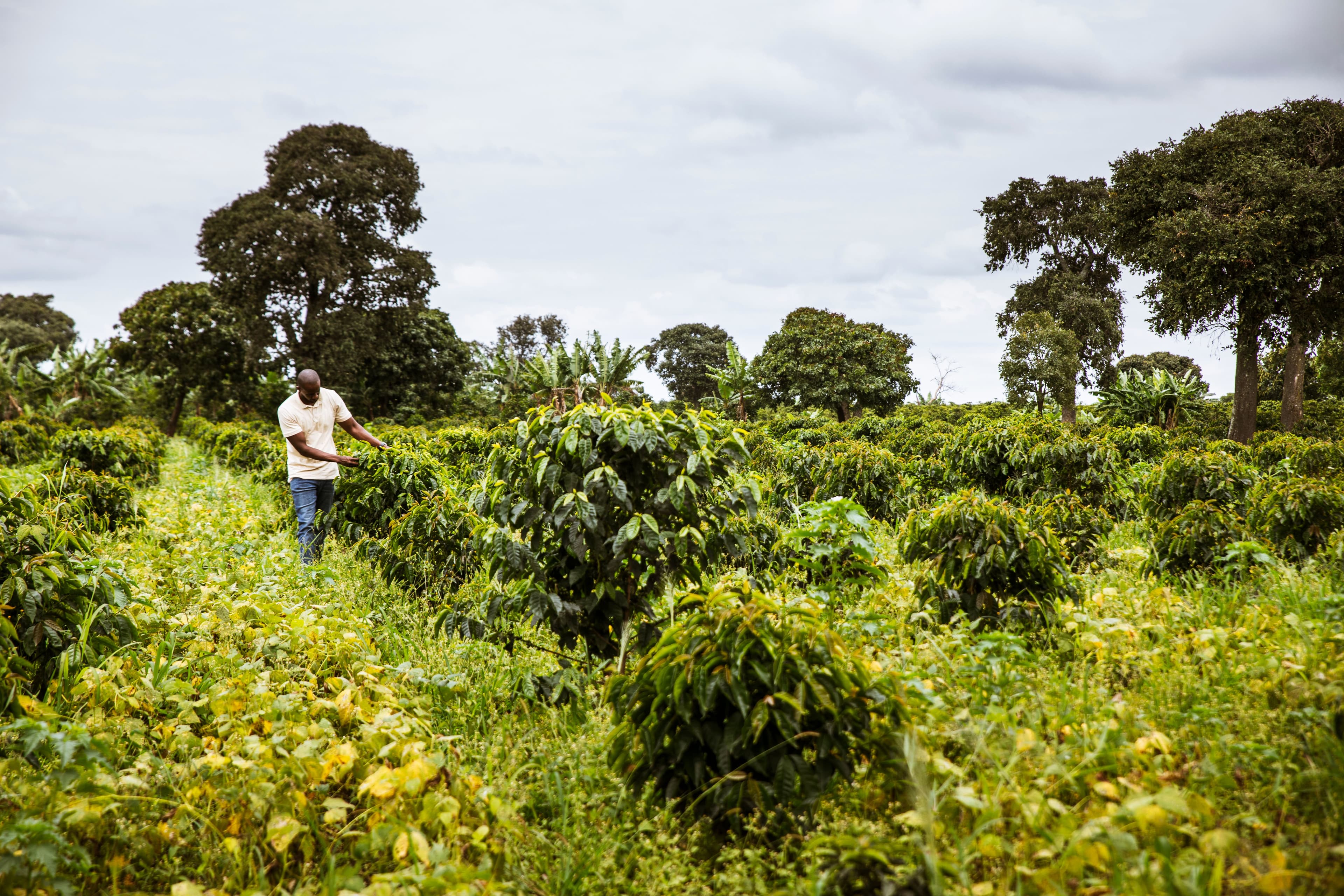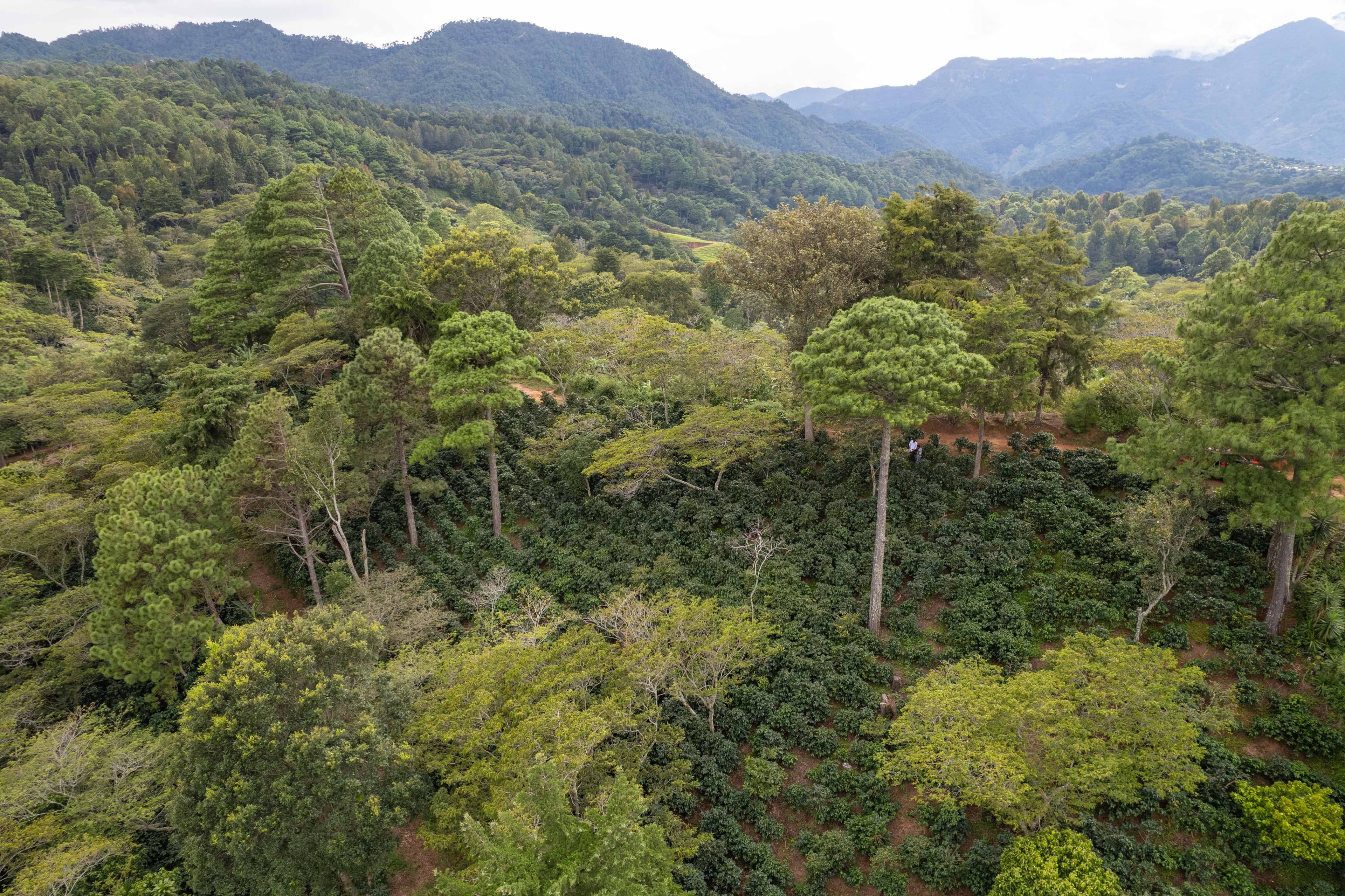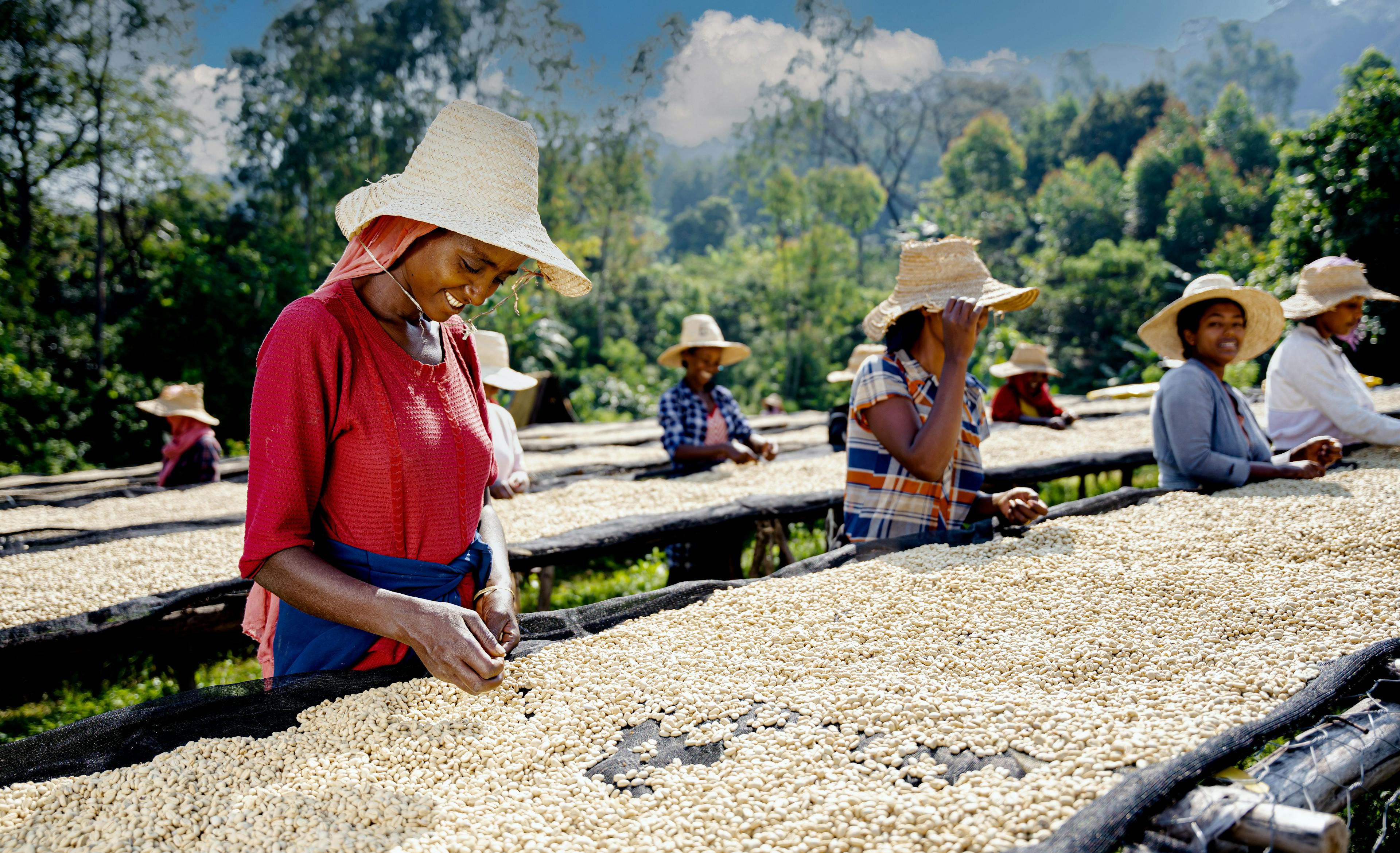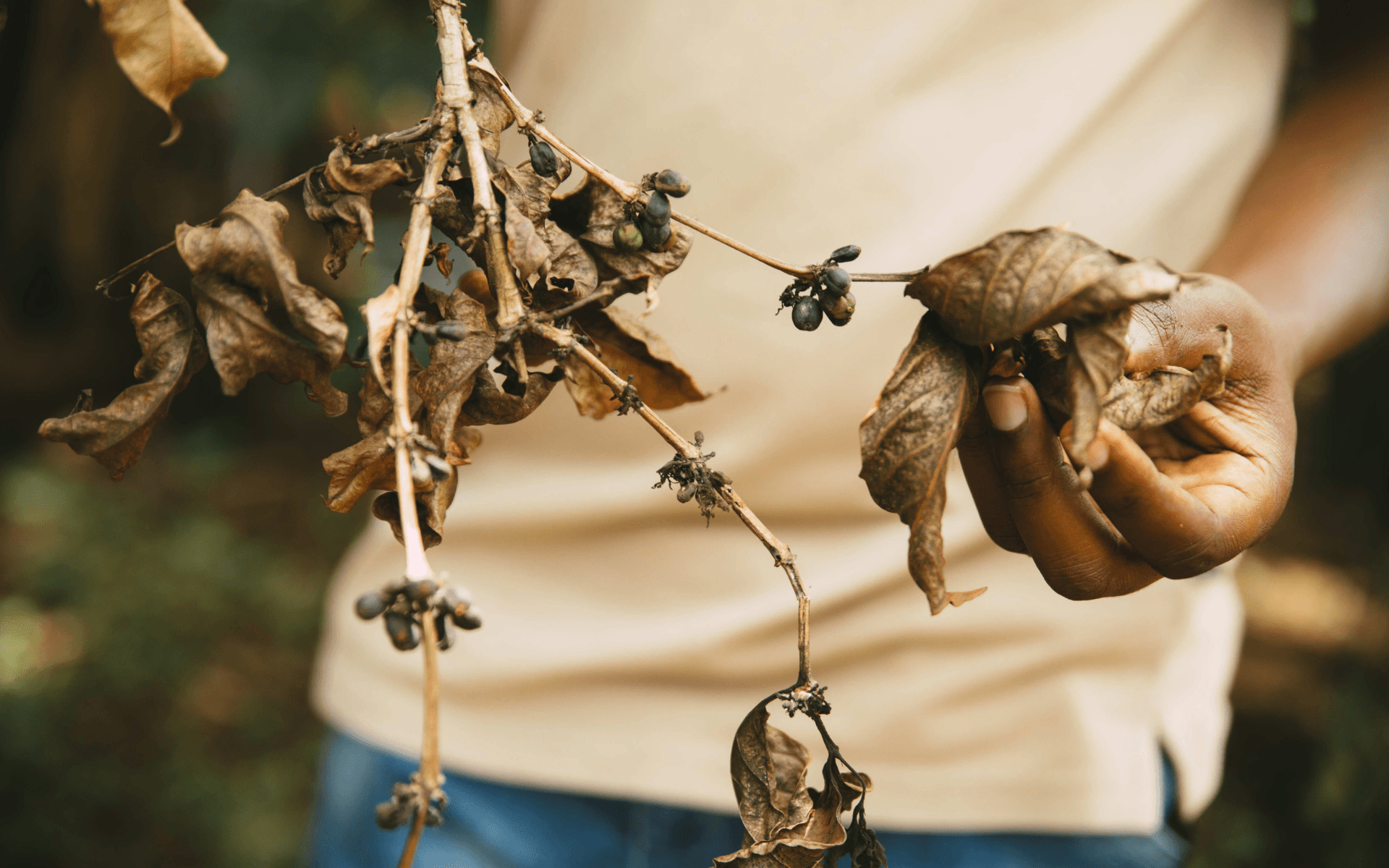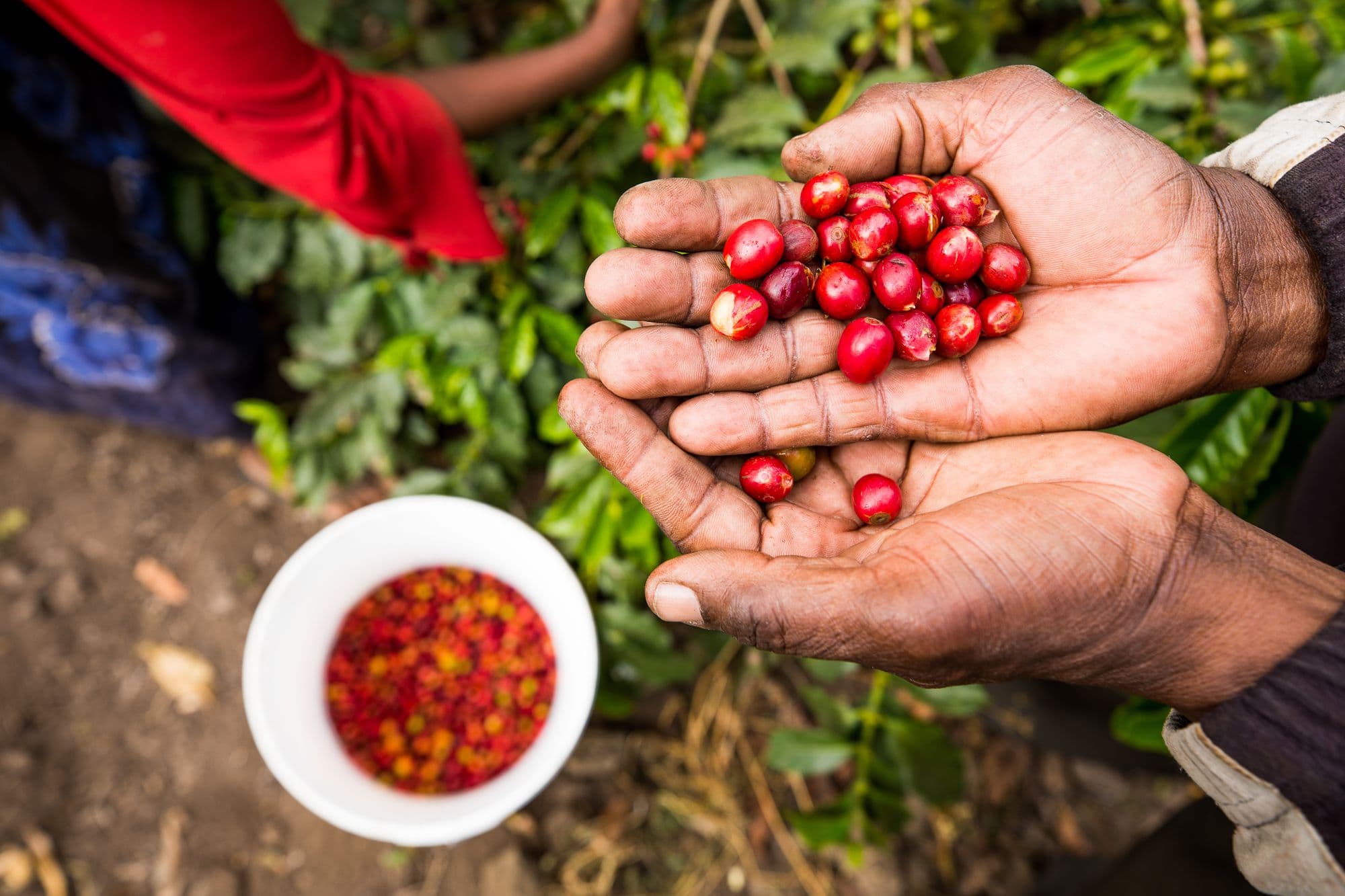
Smallholder Coffee Farmers Need Adequate Structures, Enough Time, and Financial Resources to Comply with EUDR
Forests must effectively be protected in the coffee-growing regions. That is why Delta Cafés of Portugal, Franck of Croatia, Joh. Johannson of Norway, Lavazza of Italy, Löfbergs of Sweden, Neumann Kaffee Gruppe of Germany, and Tchibo of Germany as International Coffee Partners (ICP) generally support the objectives of the EU Deforestation Regulation (EUDR). Awareness of this issue must be raised in the producing countries, areas must be protected and investments must be made in reforestation. However, the situation of smallholder coffee farmers must be taken into account as they require suitable data provision systems, an appropriate transition period, and additional financial resources to comply with the new law.
Smallholder Coffee Farmers Are at Risk of Being Excluded from the EU Market
The 12.5 million smallholder coffee farmers worldwide who produce up to 80 percent of the world’s coffee rely on volatile markets and are exposed to increasing climate risks, rising input prices, and other external economic shocks. The EUDR now poses another major challenge for them. Many of them will be unable to provide the required detailed geodata by the end of 2024. This means that smallholder farmers in particular will be excluded from the EU market, not because they grow their coffee on deforested land, but because they lack the necessary data.
Shortcomings in the EUDR Design Could Promote Poverty and Counteract Sustainability
While the EUDR is an important step towards deforestation-free coffee production, it must also take into account the interest of smallholder farmers. Otherwise, the EUDR risks reducing smallholders’ incomes and market shares and increasing their vulnerability to poverty, impeding their potential transition to a more sustainable agriculture. In order to adapt, farmers are likely to shift their sales to countries outside the EU. These outcomes would run counter to the goal of reducing the risk of deforestation.
For example, a readiness assessment in Uganda, one of ICP’s project regions, revealed that the country’s coffee producers are not yet prepared to comply with the EUDR. The nature of the Ugandan coffee supply chain makes it difficult to track the origin of coffee beans. Only about 10 % of Ugandan coffee producers currently have their coffee traced. To meet the requirements of the EUDR, Ugandan farmers will need to develop an effective traceability system which will likely require years of planning, refining, and improving skills as well as a significant initial investment. Moreover, maintaining such a system will require constant financial resources each year.
The EUDR verification process must be simple enough and accessible for smallholder coffee farmers to comply with. Still, they will need time, technical capacity, and knowledge to adjust to the new requirements.
We as International Coffee Partners, therefore, call on the European Union to extend the date of entry into force of the EUDR and to integrate a transition phase. Furthermore, the creation of the necessary data provision structures and provision of financial resources for smallholder coffee farming families to build the technical capacity and knowledge should be supported and facilitated. This is the only way to ensure a smooth transition to more sustainable supply chains and to curb deforestation without adverse effects.
